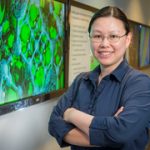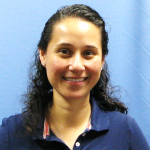September 2022 Edition
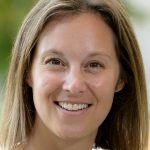
Laura Fox, Natural Resource Specialist, EVS
Teamwork makes Laura Fox’s work-life balance achievable. As a data scientist and natural resource specialist in the Environmental Sciences division, she spends considerable time in the summer working in the field and she never goes alone for safety reasons.
“There always needs to be two of us in the field, in case you fall or get hurt or something improbable but dangerous happens,” explained Fox. “Collaborating – working as a team – is also the most efficient way to get work done.”
Of late, Fox’s field work focuses on observing pollinators at solar facilities and in adjacent soybean fields. This means she routinely finds herself between solar panels in a nearby Midwestern state rather than home with her young family. Teamwork becomes essential on the home front, too.
“I would not be able to work, especially travel for work, without help from family,” she said. Fox credits support from her husband, in-laws, and babysitters in the care of her two elementary school-aged children. “The pandemic has been nice in that both my husband and I primarily work from home. Eliminating our time spent commuting has been great.”
Fox was always interested and encouraged in pursuing a career in science, but she originally expected to study medicine. A trip to Belize during her undergraduate years at the University of Vermont to study sustainability resulted in visiting research centers and discovering the perk of working heavily outdoors. This led her to consider using her biology degree on the environmental side of things.
“I was really intrigued by what the scientists were doing and realized I wanted to work outside as much as possible,” said Fox.
Ironically, that love of field research interfered with a professional ambition she now wishes she had acted on earlier: obtaining a graduate degree.
“Straight out of school, I had the opportunity to do really cool work with the San Diego Zoo, observing mother cub interactions for a behavioral research study of polar, panda and other species of bears,” said Fox. “I never went back for a graduate degree. I think that makes obtaining leadership positions difficult and, if I was advising other women interested in careers in science, I would recommend going for your graduate degree right after your baccalaureate.”
In addition to cheering for her children in the many sports they play, Fox refuels her professional and personal energy with hiking, camping, and summertime trips to the beach. Another unexpected bonus of the pandemic was the time it created to regularly eat a family dinner together each night. She or her husband prepare a meal and they all sit down together by 6 pm as often as they can.
Together, with her teams at home and work, Fox finds the end results deeply rewarding.
“My favorite part is when projects come together and the results of good research are shareable to the scientific community,” she said.
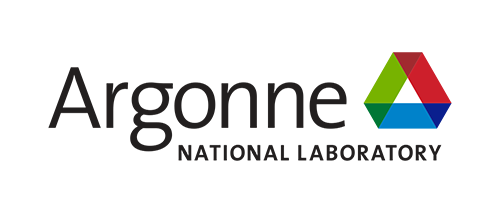
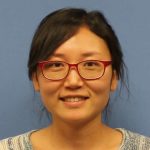
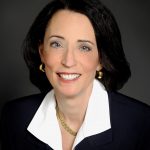 Susan Babinec, Project Lead, Stationary Storage, ACCESS
Susan Babinec, Project Lead, Stationary Storage, ACCESS